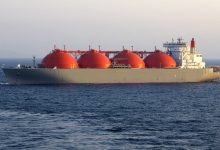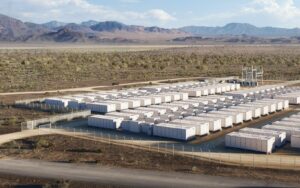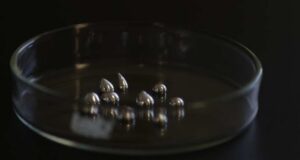The competition watchdog says weaker demand during the pandemic has pushed the gas spot price down, but has warned the fundamental lack of competition that sees Australians paying far more for gas than overseas customers has not been resolved.
The regulator urged the government to invest more in north-south pipelines that would bring gas to southern Australia, where it predicted gas shortages were likely. Alternatively it recommended investing in import terminals.
Spot prices fell dramatically following the coronavirus outbreak last year, hitting around $6-$8 per gigajoule by the middle of the year. That was down from $8-14/GJ in the second half of 2019.
But Rod Sims, chairman of the Australian Competition and Consumer Commission, said this was still expensive by international standards and the process by which gas producers set local prices remained opaque.
“We welcome the narrowing of the once-large gap between domestic and export parity prices, but despite some improvement domestic customers are still paying more than overseas customers,” Sims said.
“LNG producers have not provided an adequate explanation as to why this is the case, or why we should accept it.”
Sims said competition among gas producers was not strong enough to push prices down, and that suppliers “appear more concerned by the threat of regulatory intervention.”
“This is not the sort of behaviour you’d expect to see in a well-functioning competitive market,” he said.
“Southern states face the greatest risk of shortfall in the future. We continue to recommend governments encourage timely investment in north-south transportation infrastructure, or import terminals on the east coast.”
Australia’s gas-reliant industries have been pushing measures to push gas prices down, forming a lobby group – Gas Users United – for this purpose.
The group welcomed the ACCC’s report, saying it had “provided greater insight into prices and what shapes them than ever before.” But it feared gas prices were on the rise again.
“The fall in spot gas prices in eastern Australia last year is proving brief, with local prices marching back up and netback prices surging to extraordinary, though hopefully temporary, levels in January.
“The ACCC’s observation that competitive dynamics have only been a limited constraint on gas prices in recent years is concerning and highlights the limited benefits for gas users of the current approach to the market.”
The federal government acknowledged the ACCC’s concerns about the lack of competition. Treasurer Josh Frydenberg said a new heads of agreement with gas suppliers would at least guarantee supply in Australia.
“Affordable and reliable gas is crucial to our economic recovery from the COVID-19 pandemic and is a key plank of the government’s JobMaker plan,” he said.
“We have set firm expectations for gas producers to put Australians first and we will continue to work closely with the ACCC to ensure that is the case.”
But Tim Buckley, director of energy finance studies with think tank the Institute for Energy Economics and Financial Analysis, said the government’s measures weren’t working.
“The government’s response to the price gouging of gas companies – the gas cartel – is to shower the gas industry with subsidies. This strategy has failed to bring prices down for the last five years and will continue to fail as it does not address the core issue, which is an uncompetitive market.”
The ACCC will release an issues paper on LNG netback price in March.







